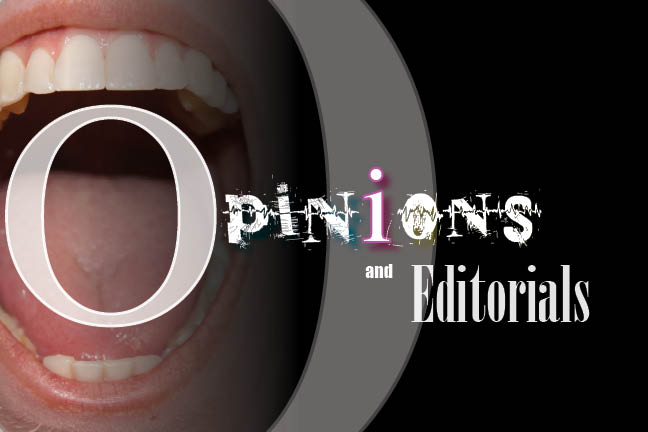The beauty of the Pursuit of Happiness is that no matter who you are, where you live, what you know, when you were born, or who you love, you can be happy. True happiness is above the five W’s and so are you. Learn how to find happiness in the good and bad times of life. Believe it. Read it. Be happy.
Joe Douglas

– Editor-in-Chief –
The decisions to forgive and forget rest hand-in-hand. There’s no forgiving without forgetting and vice versa, yet both can be equally challenging.
Facing guilt or regret hurts, but it’s necessary for developing strength, confidence and happiness. However, there’s a point when you have to forgive yourself and forget about the past to move forward.
There are two kinds of guilt (including regrets): chronic guilt and temporary guilt. Chronic guilt is a heavy feeling of responsibility or remorse over a traumatic event that happened long ago and it continues to negatively affect the person’s attitude about him or herself. It’s someone who continues to beat him or herself up over a past relationship, job or life experience long after it happened.
Feeling guilty is completely OK. It’s an evolutionary defense mechanism humans have developed to avoid eating poisonous food or hurting someone else. The stomach aches or loss of loved ones has taught survivors the dangers of certain behaviors, allowing the human species to survive to this day. Nowadays, people need to avoid potentially painful relationships and learn, for example, the boss’s expectations so they don’t get fired. Guilt protects us.
In fact, temporary guilt is required for everyday life. When someone does something wrong, they suffer the consequences and hopefully take responsibility. This is a coping and survival method if done correctly.
However, too much guilt is harmful. It’s a source of distress, leading to reduced confidence, and causes a chronically guilty individual to avoid taking even calculated risks if it reminds him or her of the past experience. This may lead to depression, analysis paralysis and the avoidance of risk-taking, and will cause him or her to miss out on some of life’s greatest experiences. Sometimes those experiences are the ones that hurt a little.
Four years ago, I had a big crush on a girl from my church. I was really insecure then and wasn’t sure how to approach her about being “more than friends.” She threw me hints but I never recognized them for what they were. A year later, I asked her out but she’d lost interest in me and rejected me. I felt regretful about that one experience for two years and ended up avoiding relationships in general during that time. I missed out on several great life experiences because I couldn’t forgive myself.
Forgiveness in all of its incarnations comes in three steps: understanding the circumstance, accepting the situation, and reflecting upon it. It requires the person to know what happened with as little bias as possible, come to terms with it, and learn from it. This process takes time to begin, from days to a few weeks for many people. In the end, each person should be content with the event, forgive him or herself, learn from it, and put it in the past.
There will be times when one party refuses to forgive the other. While it’s not the best way to deal with a disagreement, it’s impossible to force forgiveness. In the end, only the individual has control over him or herself and that’s all that’s necessary to move on, enjoy life and find happiness.
Forgive yourself and forget about it.










